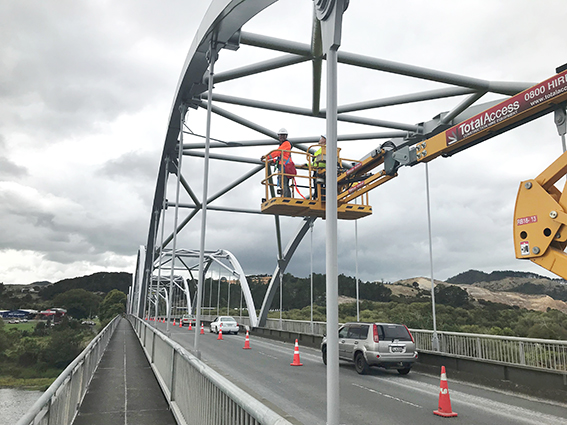You are here: \ About Us \ Case Studies
You are here: \ About Us \ Case Studies


Procurement Support
Background & Problem:
A number of Co-Lab’s smaller partner councils identified that they needed a professional to offer procurement and tendering advice, to mentor and train council staff, to check compliance and conduct reviews, and to monitor procurement performance.
Benefits:

Structural Asset Management Services
Background & Problem:
As part of funding from Waka Kotahi (New Zealand Transport Agency), councils are required to inspect their bridges, culverts, retaining walls, underpasses, and other structural assets on a regular basis.
Structural Asset Management Services (SAMS) was the retender of two existing bridge inspection contracts and was renamed structural asset management services, to reflect that the type of assets were more than bridges, and that the services were more than inspections.
Benefits: